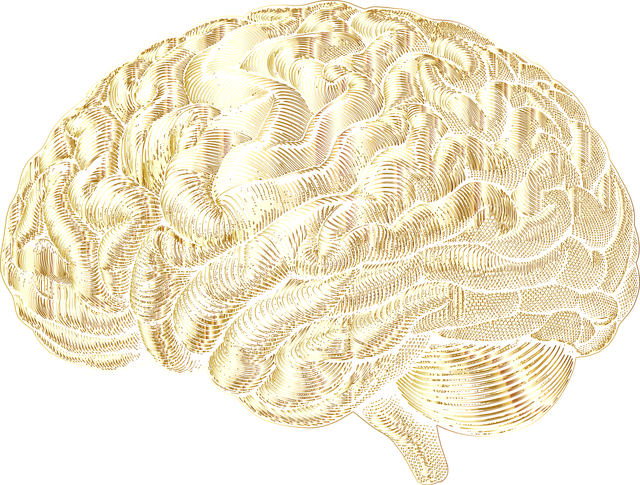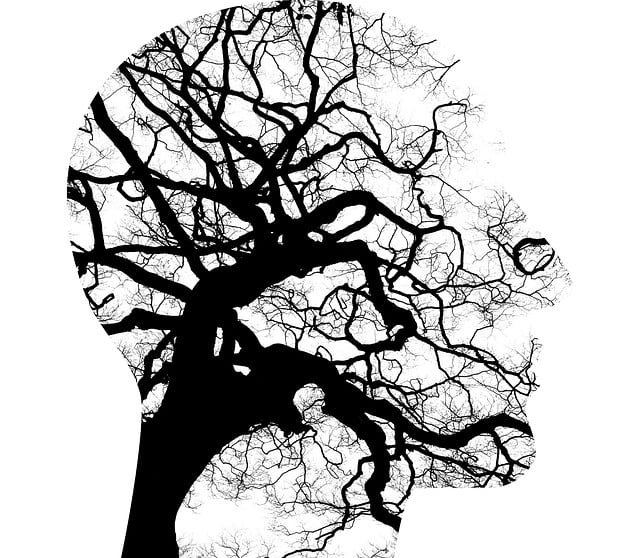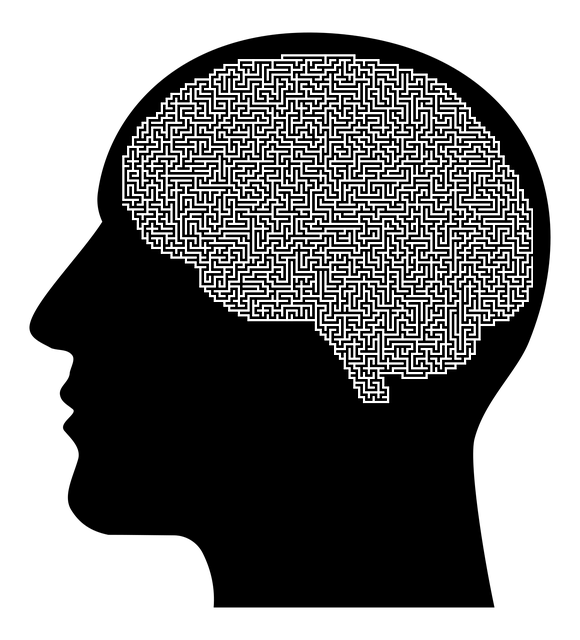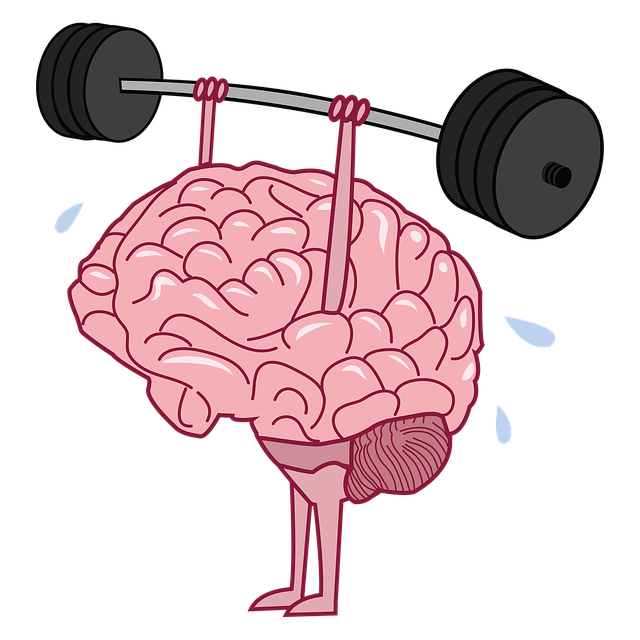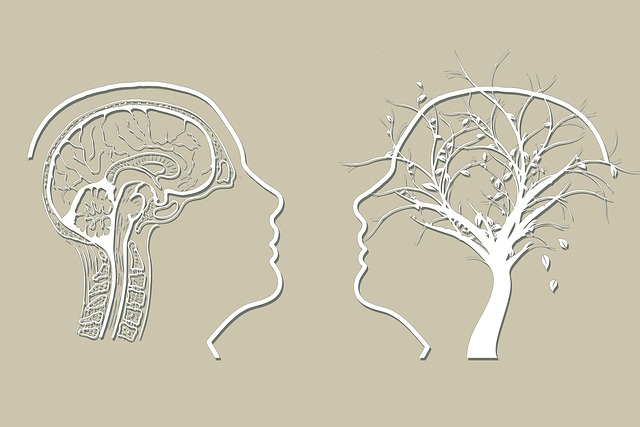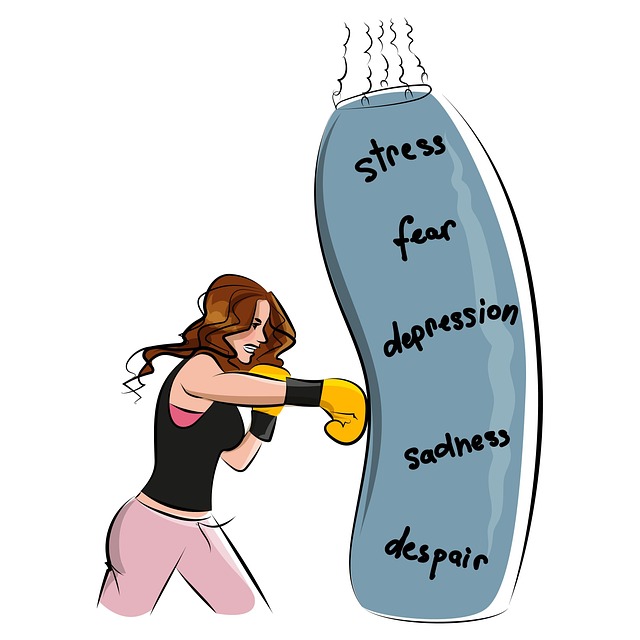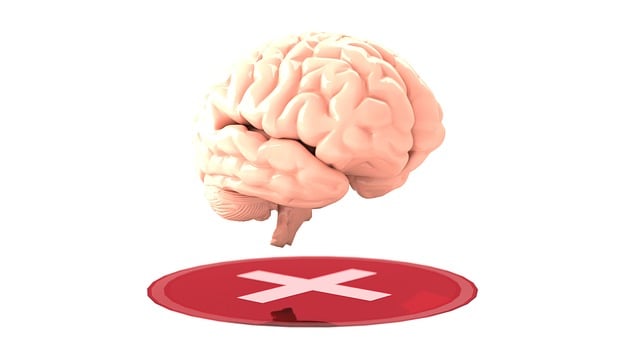Wheat Ridge First Responders Therapy emphasizes holistic mood regulation through CBT for thought pattern management, mindfulness/meditation for stress reduction and emotional resilience, physical activity for endorphin release and social connection, and building resilience via coping skills and empathy development. These strategies foster emotional harmony, deeper connections, and tailored coping mechanisms, enhancing the well-being of first responders and the quality of care they provide to their communities.
Mood regulation strategies are essential tools for maintaining emotional balance, especially for first responders in Wheat Ridge who face high-stress situations daily. This article explores various techniques to help professionals manage their mental health effectively. We delve into cognitive behavioral therapy (CBT) as a powerful tool for mood management and discuss mindfulness practices tailored for first responders. Additionally, we examine the benefits of physical activity and resilience-building strategies to enhance coping mechanisms, providing valuable insights for those in demanding careers.
- Understanding Mood Regulation: Unraveling Emotional Balance
- The Role of Cognitive Behavioral Therapy (CBT) in Mood Management
- Mindfulness and Meditation Techniques for First Responders
- Physical Activity and its Impact on Mental Well-being
- Building Resiliency: Strategies for Effective Coping Mechanisms
Understanding Mood Regulation: Unraveling Emotional Balance

Understanding Mood Regulation involves delving into the intricate balance of emotions. It’s a process of recognizing and managing our feelings, ensuring they align with our thoughts and actions in healthy ways. Emotional balance is crucial for mental well-being, enabling individuals to navigate life’s challenges with resilience. At Wheat Ridge First Responders Therapy, professionals emphasize the importance of this balance, guiding clients towards effective mood regulation strategies.
Communication strategies play a vital role in achieving emotional harmony. Open and honest dialogue helps individuals express their feelings and understand others’ perspectives, fostering deeper connections and reducing misunderstandings. Additionally, Inner Strength Development is encouraged, teaching individuals to tap into their resources and cope with stress and adversity constructively. Social Skills Training further enhances this process by improving interactions, promoting empathy, and building supportive networks—all integral aspects of maintaining emotional stability.
The Role of Cognitive Behavioral Therapy (CBT) in Mood Management

Cognitive Behavioral Therapy (CBT) plays a pivotal role in mood management, offering effective strategies to help individuals navigate and regulate their emotional states. This therapeutic approach focuses on identifying and challenging negative thought patterns, which subsequently influences one’s feelings and behaviors. By teaching clients to recognize and modify distorted thinking, CBT empowers them to adopt healthier perspectives, thereby improving overall mood stability.
Wheat Ridge First Responders Therapy, for instance, integrates CBT techniques into its risk management planning for mental health professionals. This specialized program equips therapists with the skills to address emotional intelligence gaps, enabling them to effectively support clients in managing their moods. Through CBT, professionals can guide individuals in developing coping mechanisms tailored to their unique needs, fostering resilience and promoting long-term mood regulation.
Mindfulness and Meditation Techniques for First Responders

For first responders in Wheat Ridge, mindfulness and meditation techniques offer powerful tools to manage stress and regulate moods, especially in the face of challenging situations. These practices have gained significant attention in crisis intervention guidance as they can significantly enhance emotional resilience. By incorporating mindfulness into their routines, healthcare provider cultural competency training becomes more accessible, allowing them to not only cope but also connect with individuals from diverse backgrounds during high-pressure incidents.
Meditation provides a moment of calm and clarity, helping first responders detach from the constant stream of intense experiences. It enables them to develop better self-awareness, improving their ability to manage anxiety relief effectively. Through regular practice, these techniques foster a sense of inner peace, ensuring that healthcare professionals can respond to emergencies with composure and empathy, ultimately benefiting both their well-being and the care they provide.
Physical Activity and its Impact on Mental Well-being

Physical activity is a powerful tool for mental well-being, offering numerous benefits that extend beyond just physical health. Regular exercise releases endorphins, often referred to as “feel-good” hormones, which can significantly improve mood and reduce symptoms of anxiety and depression, providing effective depression prevention strategies. This effect is particularly noticeable when combined with evidence-based mental wellness coaching programs. Engaging in physical activities like walking, jogging, or team sports not only enhances cardiovascular health but also creates a sense of accomplishment and social connection, both vital components of emotional well-being promotion techniques.
The impact of exercise on mental clarity and emotional stability is particularly relevant for individuals seeking alternative solutions to manage stress. For instance, Wheat Ridge First Responders Therapy leverages physical activity as part of their holistic approach to support first responders in coping with trauma and maintaining mental wellness. This strategy underscores the importance of integrating movement into daily routines not just for survival but also for thriving, fostering a sense of resilience that can be life-changing.
Building Resiliency: Strategies for Effective Coping Mechanisms

Building resiliency is a crucial aspect of effective mood regulation strategies. It involves cultivating coping mechanisms that enable individuals to navigate life’s challenges with greater ease and resilience, similar to how Wheat Ridge First Responders Therapy focuses on fortifying emotional defenses. By adopting empathy-building strategies and self-care practices, people can enhance their ability to manage and bounce back from stressful situations. These mechanisms act as a shield, shielding them from the adverse effects of prolonged stress and trauma, which can impede emotional healing processes.
Empowering oneself with these adaptive coping skills not only helps in managing immediate distress but also fosters long-term mental well-being. It’s akin to tending to a garden; regularly nurturing and maintaining it ensures robust growth. Similarly, consistent engagement in self-care practices and empathy-focused interactions strengthens one’s emotional ecosystem, making it more resilient against the occasional storms of life.
In conclusion, effectively managing mood is a multifaceted approach that combines therapy, mindfulness, physical activity, and resilience-building strategies. As demonstrated by Wheat Ridge First Responders Therapy, cognitive behavioral therapy (CBT) offers valuable tools for navigating emotional balance. Mindfulness practices cater to the unique needs of first responders, while regular physical activity enhances mental well-being. Ultimately, building resilient coping mechanisms allows individuals to thrive in high-stress environments. By integrating these strategies, individuals can achieve a deeper sense of emotional stability and overall well-being.
